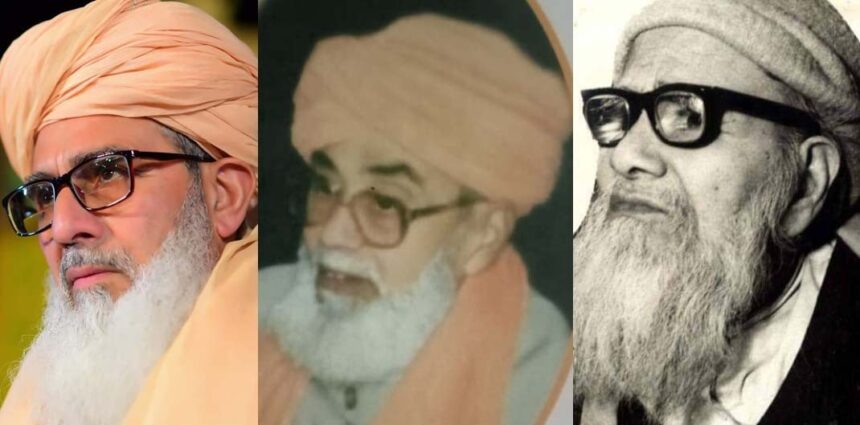The custodians of the Ajmer Sharif shrine, led by Sheikh-ul-Mashaikh Hazrat Khawaja Diwan Syed Aal Rasool Ali Khan, played a decisive role in both Pakistan’s independence movement and the nation’s ongoing religious leadership. Revered for his spiritual dedication, Diwan Syed Aal Rasool Ali Khan was instrumental in mobilizing Sufi leaders and Muslim communities across India to support Muhammad Ali Jinnah and the Muslim League, paving the way for the creation of Pakistan.
Renowned for his integrity and deep faith, Diwan Syed Aal Rasool Ali Khan dedicated his life to the service of Islam and the collective cause of Indian Muslims. Rejecting personal gains, he committed to working solely for the sake of Allah, undeterred by adversity or temptation. His charismatic leadership became a catalyst in aligning religious figures with the political objectives of the Muslim League at a time when Muslim representation in the region was limited.
A turning point came in Ajmer Sharif when, under his chairmanship, the All India Sunni Conference united thousands of religious leaders and over a hundred thousand followers. The assembly pledged unwavering support for the Muslim League, emphasizing the need to establish Pakistan to safeguard Muslim identity and rights in the subcontinent. Sufi custodians of leading shrines and notable scholars joined forces, instructing their followers nationwide to rally behind Jinnah and the League during critical elections.
Despite facing threats from the Indian authorities, Diwan Syed Aal Rasool Ali Khan refused to abandon his stance, publicly endorsing the Pakistan Movement until independence. After the creation of Pakistan, he and his family migrated—first to Multan, then Sargodha, and finally to Peshawar, where he continued his mission. In Peshawar, he founded the Jamia Masjid and Darul Uloom Ghausia Moeenia, serving as a center for Islamic education and religious activity. He also played an active role in the Khatm-e-Nabuwwat movement and opposed the Qadiani community, remaining a prominent figure in religious and national affairs until his death.
The legacy continued through his son, Diwan Syed Aal Mujtaba Ali Khan, who led Muslim League events, forged alliances with other Sufi leaders, and in 1990 established the Gulshan Sultan-ul-Hind Ajmeri Complex near Islamabad Airport. After his passing in 2001, leadership passed to his son, Diwan Syed Aal Habib Ali Khan, who currently oversees religious services throughout Pakistan and presides over major Urs (anniversary) events. The younger generation, spearheaded by Pirzada Syed Aal Wajeeha Moeeni Ajmeri, upholds the family’s commitment to religious service and national scholarship.
Today, the shrines of Diwan Syed Aal Rasool Ali Khan and Diwan Syed Aal Mujtaba Ali Khan at Gulshan Sultan-ul-Hind Ajmeri continue to attract devotees from Pakistan and beyond. Visitors regularly pay their respects and seek blessings, echoing the enduring influence of the Ajmer Sharif custodians, whose dedication shaped both Pakistan’s birth and its spiritual landscape.











